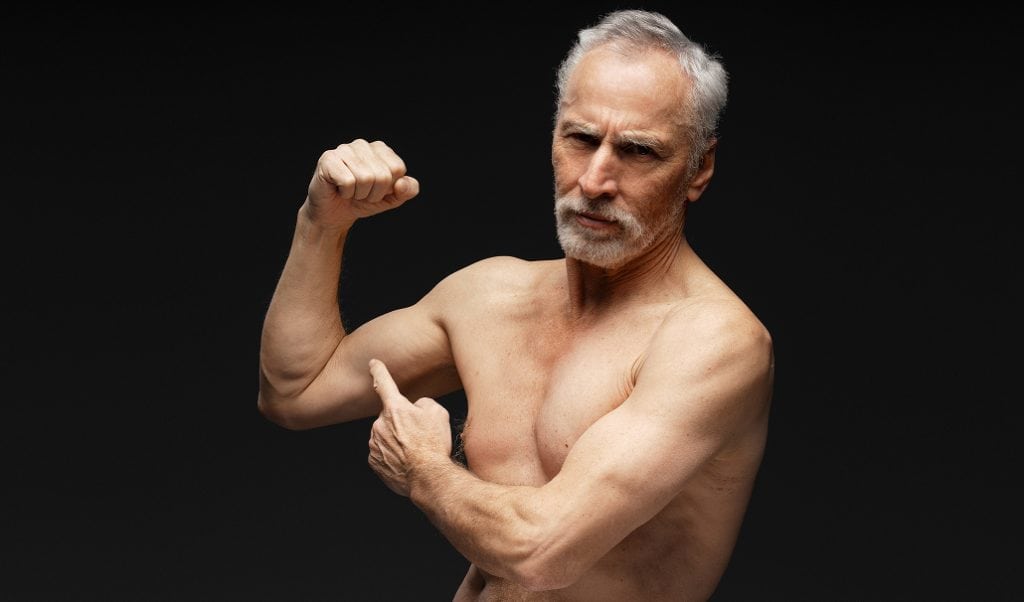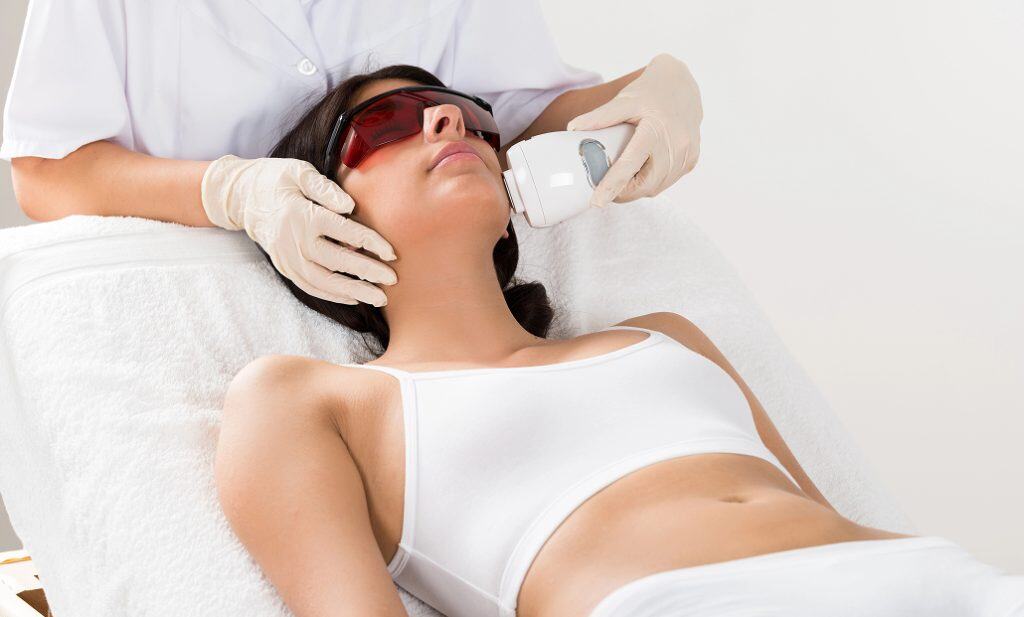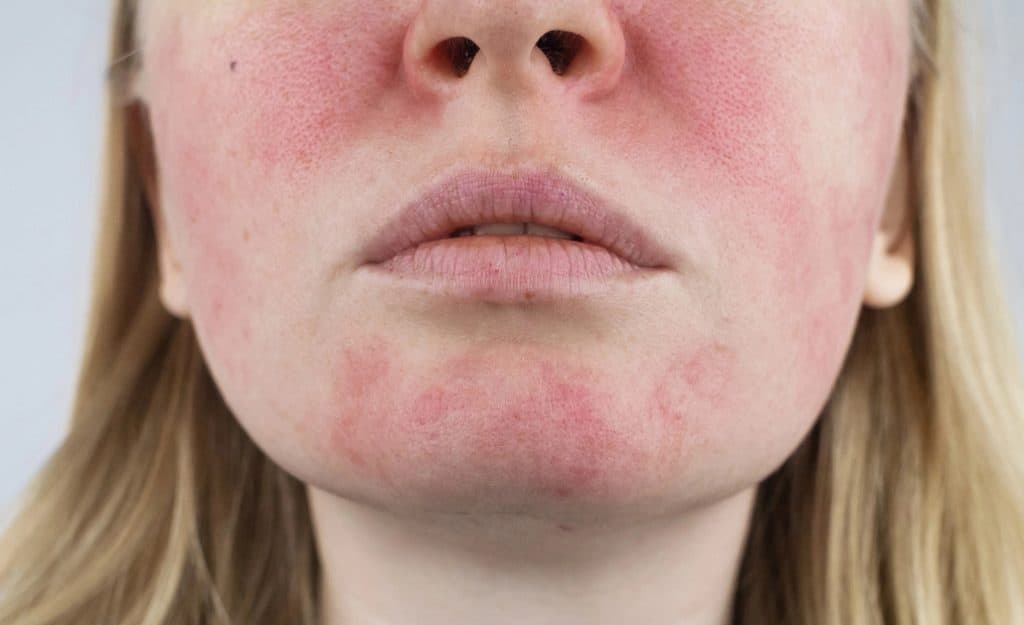While testosterone often dominates conversations about male hormones, it is far from the only player in maintaining vitality, energy, and libido. DHEA and growth hormone quietly orchestrate critical processes like muscle repair, metabolism, and cognitive function, yet their roles are rarely explored outside specialized medical settings. Understanding how these hormones interact—and how they naturally decline with age—offers men over 35 a more comprehensive approach to sustaining energy, sexual health, and overall longevity.
Understanding DHEA: The Master Precursor Hormone
DHEA, or dehydroepiandrosterone, is a foundational hormone that acts as a precursor to testosterone and estrogen, making it central to male vitality. Produced primarily by the adrenal glands, DHEA influences energy, libido, and stress resilience by modulating downstream hormone levels. Unlike testosterone, which often gets the spotlight, DHEA subtly affects mood, cognitive function, and metabolic health, yet declines steadily after the mid-30s. Even modest reductions can contribute to fatigue, decreased muscle mass, and diminished sexual drive long before low testosterone is diagnosed. Recognizing DHEA’s role allows men to understand the broader hormonal landscape, highlighting the importance of proactive assessment and lifestyle strategies that support both precursor and primary hormones.
Growth Hormone: The Hormone of Regeneration
Growth hormone (GH), often called the hormone of regeneration, plays a critical role in maintaining male vitality beyond testosterone. Secreted by the pituitary gland, GH stimulates tissue repair, preserves lean muscle mass, supports fat metabolism, and enhances recovery from exercise. Its influence extends to skin elasticity, bone density, immune function, and energy levels, making it a key player in anti-aging. Unlike testosterone, GH release is highly sensitive to sleep quality, nutrition, and activity patterns, meaning lifestyle profoundly affects its natural production. As men age, GH levels naturally decline, contributing to increased body fat, reduced muscle tone, and slower recovery. Understanding its function allows for targeted strategies to preserve physical performance and overall endocrine balance.
How DHEA, HGH, and Testosterone Work Together
DHEA, growth hormone (HGH), and testosterone form a tightly connected network that regulates male energy, muscle maintenance, libido, sexual performance, and overall vitality. DHEA acts as a precursor, feeding the production of testosterone, while HGH supports tissue repair and metabolic function, creating an environment where testosterone can exert its effects more efficiently. When any of these hormones decline, the balance is disrupted, leading to fatigue, reduced muscle mass, and lowered libido. Lifestyle factors—sleep, stress management, exercise, and nutrition—directly influence all three, meaning men can amplify their effects through consistent, targeted habits. Recognizing their interplay is key to proactive, long-term hormone optimization.
Evidence-Based Approaches to Support DHEA and Growth Hormone
Optimizing DHEA and growth hormone (HGH) requires strategies that combine lifestyle, nutrition, and, when appropriate, medical support. Here are research-backed approaches that go beyond generic advice:
- Prioritize Quality Sleep: Deep, restorative sleep stimulates natural GH pulses, especially during slow-wave sleep. Maintaining consistent sleep schedules and minimizing light exposure at night supports both DHEA and HGH production.
- Strength and Resistance Training: Compound movements like squats, deadlifts, and push-ups boost HGH release and enhance testosterone responsiveness, which in turn relies on DHEA availability. Short, high-intensity sessions appear particularly effective.
- Stress Management Practices: Chronic cortisol elevation suppresses both DHEA and HGH. Techniques such as meditation, breathwork, and mindful breaks help maintain hormonal balance and resilience.
- Nutrition for Hormone Support: Protein-rich meals, healthy fats (omega-3s, monounsaturated fats), and micronutrients like zinc and magnesium underpin DHEA synthesis and GH activity. Avoiding excessive sugar and processed foods stabilizes insulin, which indirectly supports both hormones.
- Targeted Supplementation: Clinically guided DHEA supplementation can restore declining levels safely, while certain amino acids (arginine, glutamine) may support HGH release. All supplementation should be individualized and monitored by a physician.
- Body Composition Optimization: Maintaining lean mass and minimizing visceral fat improves endocrine signaling and amplifies the effects of both DHEA and HGH.
- Timing and Consistency: Aligning meals, workouts, and sleep with circadian rhythms maximizes natural hormone release patterns. Small, consistent lifestyle adjustments often yield more measurable results than sporadic interventions.
Integrating these approaches creates a holistic system where lifestyle, nutrition, and targeted interventions work together to preserve male vitality, energy, and metabolic health well beyond what testosterone-focused strategies alone can achieve.
Practical Takeaways for Sustaining Male Vitality
Sustaining male vitality requires a multi-layered approach that goes beyond testosterone alone. Prioritize quality sleep to support growth hormone release, and incorporate strength and resistance training to stimulate both HGH and testosterone. Manage stress through mindfulness or breathwork to protect DHEA levels, while maintaining a nutrient-dense diet rich in protein, healthy fats, and key minerals like zinc and magnesium. Consider clinically supervised supplementation for DHEA or amino acids that support hormone balance. Finally, align daily routines—meals, exercise, and sleep—with your natural circadian rhythms. Together, these strategies form a proactive framework to preserve energy, libido, muscle mass, and overall endocrine health.
Lifestyle Habits That Enhance DHEA and Growth Hormone
Even with optimal nutrition, DHEA and HGH levels are heavily influenced by daily lifestyle habits. High-intensity interval training (HIIT) and compound strength exercises naturally stimulate hormone release, while adequate, deep sleep supports nightly GH pulses. Stress reduction techniques, such as meditation, yoga, or controlled breathing, protect DHEA from cortisol-driven depletion. Maintaining a healthy body composition by minimizing visceral fat enhances endocrine signaling, and limiting alcohol and processed sugars prevents hormone disruption. Small, consistent adjustments to these lifestyle factors can amplify the benefits of nutrition and supplementation, creating a holistic system for sustained energy, libido, and overall male vitality.
Final Thoughts: Taking Action for Long-Term Male Vitality
Male vitality extends far beyond testosterone, with DHEA and growth hormone playing essential roles in energy, muscle maintenance, libido, and overall well-being. By understanding their interplay and supporting them through quality sleep, targeted exercise, stress management, nutrient-rich nutrition, and, when appropriate, clinically supervised supplementation, men over 35 can proactively maintain hormonal balance and long-term health. If you’re ready to optimize your hormones, reclaim energy, and enhance vitality, visit LifeGaines Medical and Aesthetics Center or call (561) 931-2430 to schedule an appointment. Our expert team can develop a personalized plan tailored to your unique hormonal needs and lifestyle.

Dr. Richard Gaines is the Chief Medical Officer of LifeGaines Med Spa in Boca Raton. He attended the Boston University School of Medicine, completed an internship at the Tufts University of Medicine, and his residency at the Harvard School of Medicine. Today, Dr. Richard Gaines is at the forefront of the rapidly evolving sexual health paradigm. He continues to innovate with new anti-aging treatments to enhance and extend the lives of his patients. His effective forms of regenerative medicine, hormone therapy, and wellness treatments are designed to help people of all ages improve their energy, drive, sexual health, and overall wellness goals.


